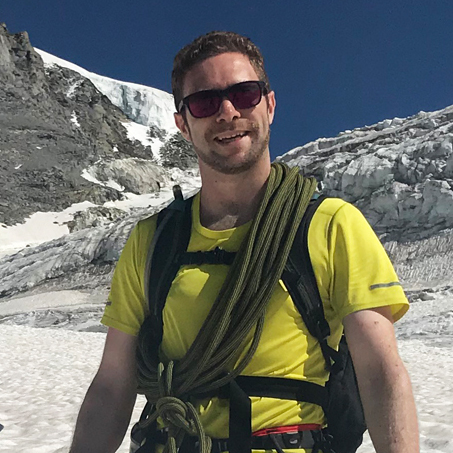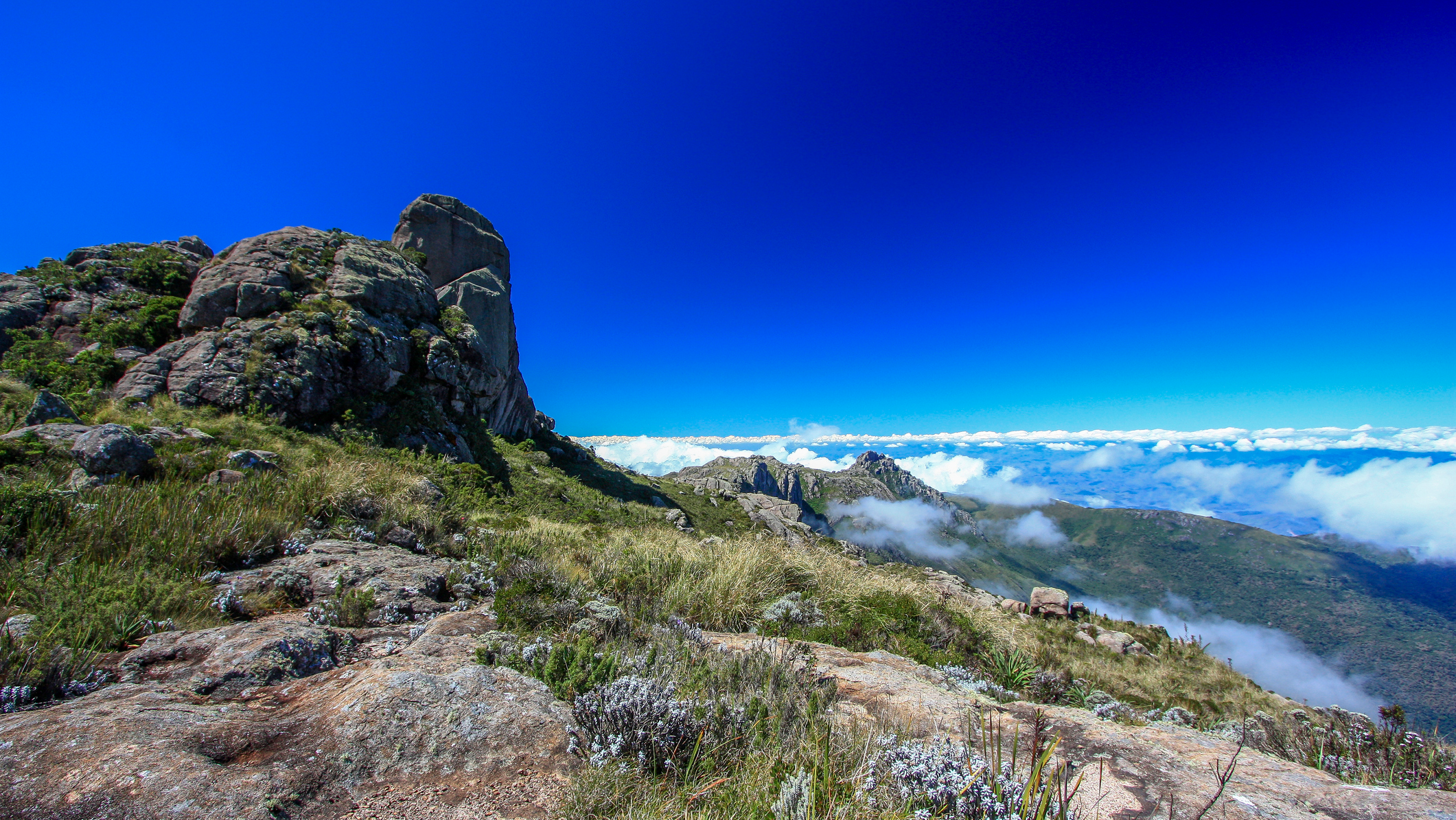Mythbusting: do you really weigh less on the summit of a high mountain?
Our mountaineering expert delves into the science to answer this mind-bending question

We’re well aware of the mental and physical health benefits of hill walking and mountaineering. The challenge of ascending to a lofty peak gives a great sense of satisfaction and achievement; time spent in nature puts things into perspective; and the exercise involved in reaching a summit is hugely beneficial.
If you’re looking to lose weight, we think it’s a much more rewarding pursuit than hour after hour spent in an indoor gym. However, could simply standing on high mountain mean that you lose weight? And, if so, does this lost weight return when you descend? Our expert mountaineer and science lover has delved into the physics to bring you the answers.
Meet the expert
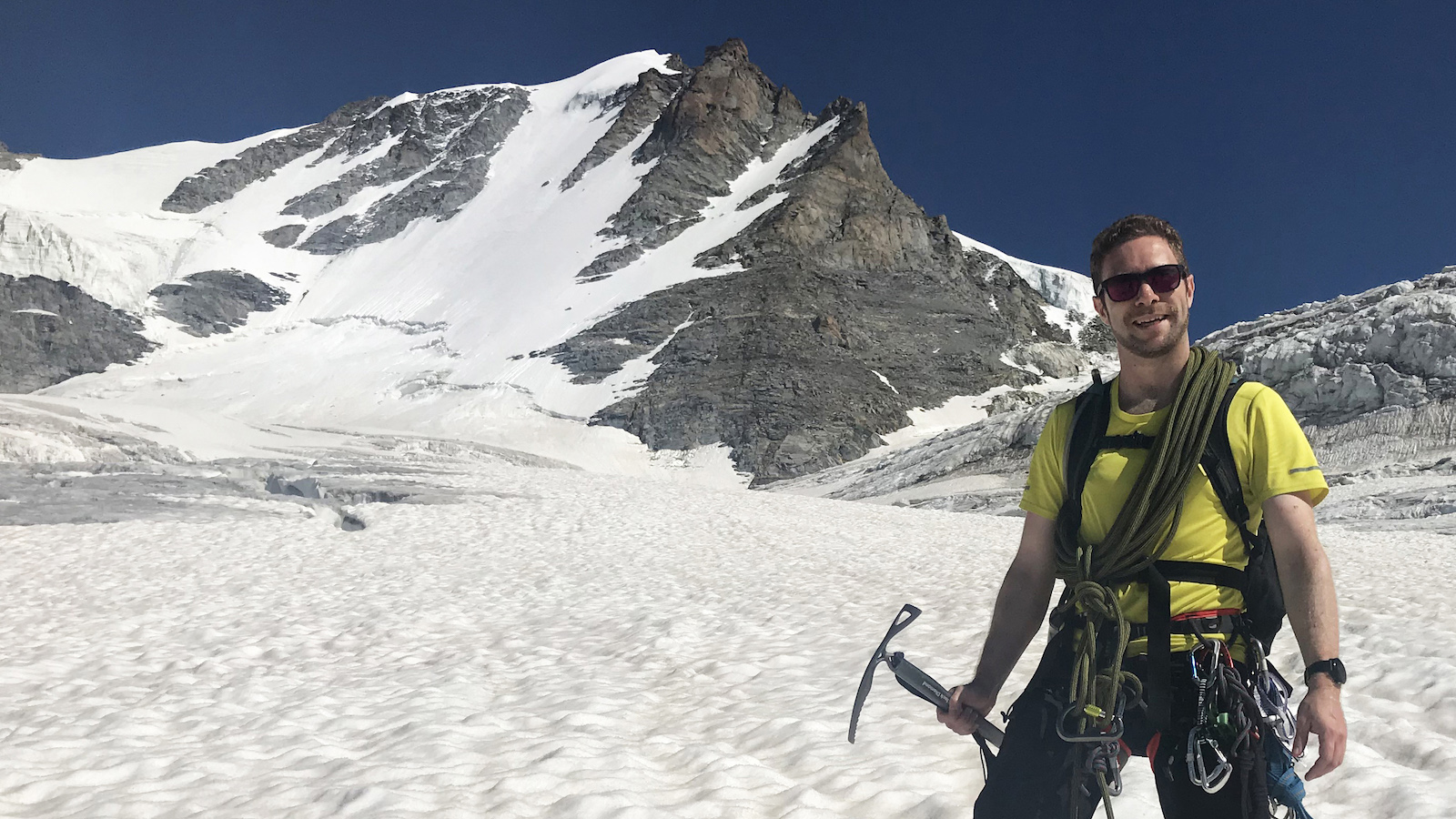
As well as being a peak-bagging mountaineer, Alex’s has a keen interest in physics and, in a former life, was head of science at a London school. He's been to the summit of plenty of mountains but is yet to really notice the kilograms drop off.
Today's best deals
The myth
We’re a curious bunch, us humans. Type “do you weigh less on” into Google and an interesting range of questions comes up, including “on Mars”, “on the Moon”, “on the Equator” and “on a plane”. We’re seemingly interested in how our location has a bearing on our weight.
Also included in the drop-down box are “on top of a mountain” and “on Mount Everest”, the loftiest of all our planet’s peaks. Let’s deal with the question head on and see, if true, whether trekking up Mount Everest in your hiking boots is an option if you wanted to shed those pounds.
*Note: When I say "head on", I don't mean by climbing Everest with weighing scales in my backpack but by turning to the science, reading up on the current thinking and then doing a thought experiment. If this approach was good enough for Einstein, it's good enough for me. However, if anyone wants to fund an expedition to Everest for me to investigate further, I'm all ears.
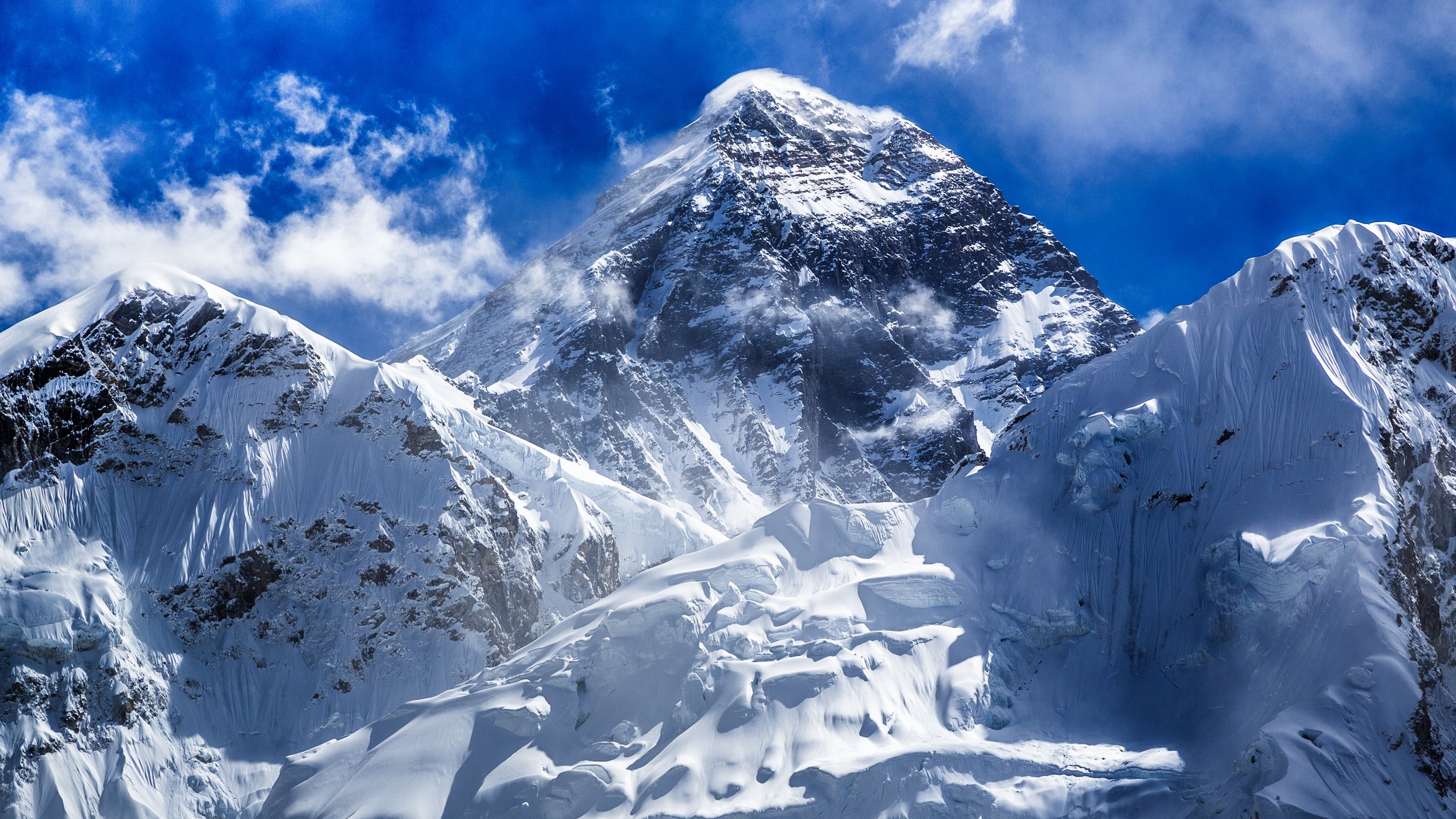
The evidence
Firstly, lets consider the difference between mass and weight, plus the part gravity has to play in all of this:
Mass is a fixed property. It’s the measure of how much matter there is in any given object and it’s measured in kilograms. Your mass is the same regardless of where you are - even "weightless" astronauts in orbit have the same mass as they would back on Earth.
Advnture Newsletter
All the latest inspiration, tips and guides to help you plan your next Advnture!
On the other hand, the weight of an object is not a fixed property. Weight is a force due to the pull of gravity on an object and it’s measured in Newtons. The less gravity there is, the less something will weigh. This is why astronauts on the Moon are able to jump much higher than on Earth; they weigh less because the gravitational attraction is weaker. This is because the Moon has less mass than the Earth, resulting in lower gravity. So, it’s clear that it’s possible to change your weight based on where you are.
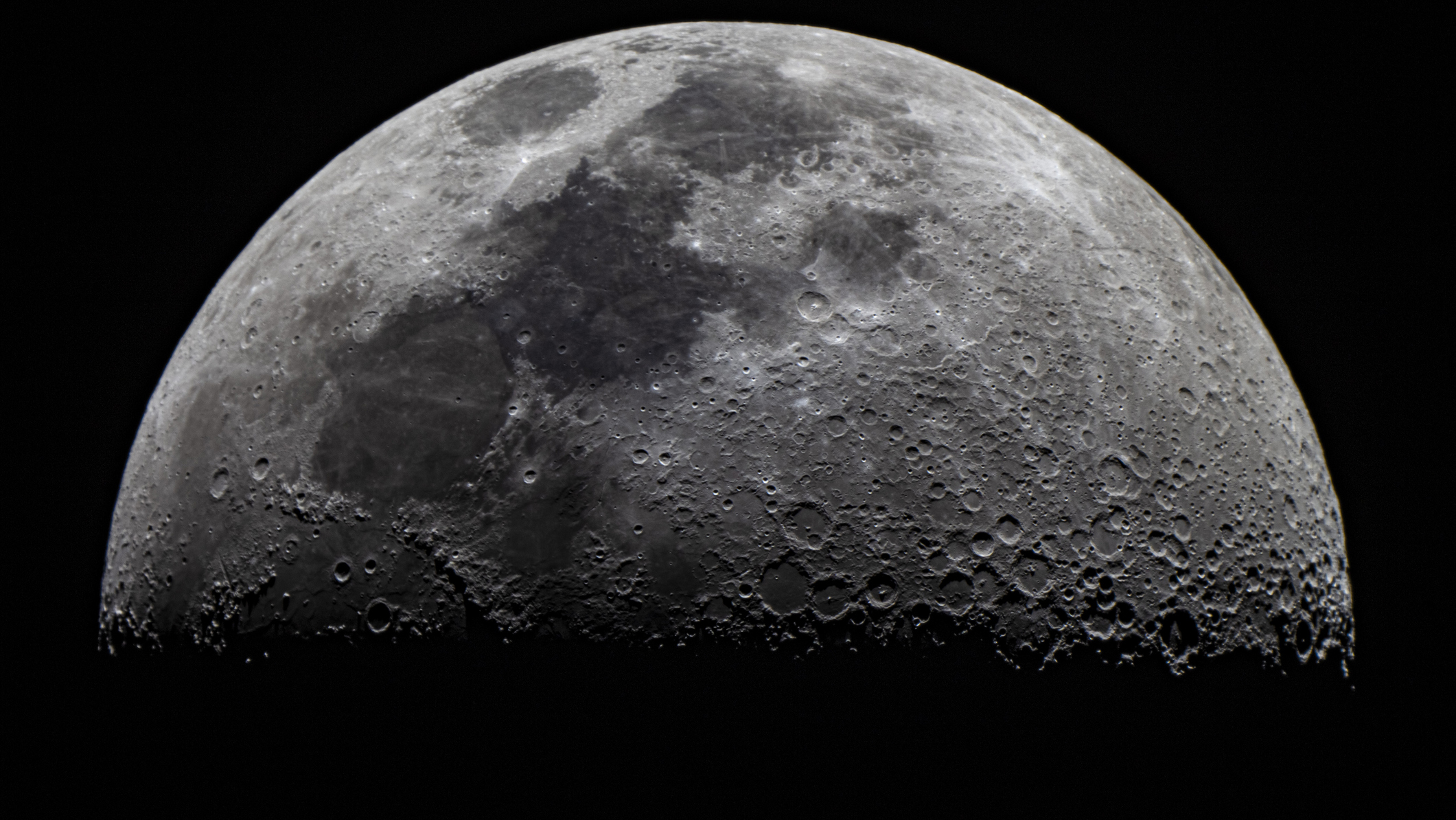
The thing about gravity is that its strength is determined by both the mass of the object in question and how far away you are from the centre of this mass. In our case, the large object whose gravity determines our weight is the Earth. One way of getting further from its centre is to climb a high mountain: Everest, for example.
So, according to the science, you should weigh ever so slightly less on the summit of Mount Everest than at sea level because you're further from the center of the Earth. The change would be relatively tiny, around 0.3% according to the maths. I’m around 75kg, so I’d lose around 225g in theory – about the weight of an adult golden hamster, or a bar of chocolate.
However, you’d think that, as the highest mountain on the planet, you’d weigh less on Everest than any other peak. You’d be wrong.
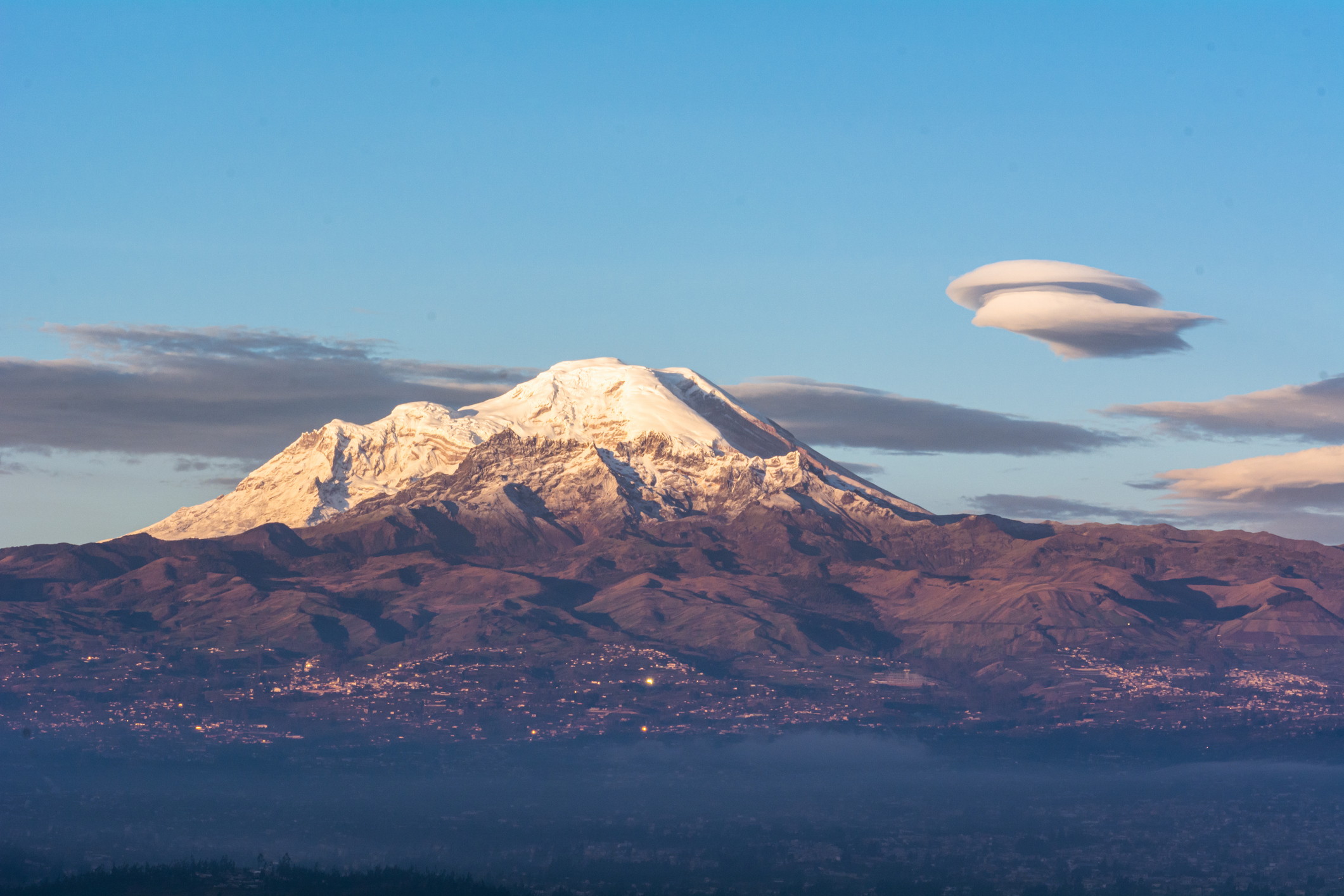
This is because Mount Everest’s summit isn’t the furthest point on the planet from the Earth’s center. The Earth is no perfect sphere, it actually bulges outwards at the Equator. Our planet is like a ball that’s been squished ever so slightly. This is due to the "centrifugal force" brought about by the Earth’s consistent rotation – y’know the one, that phenomenon that brings us day and night.
This bulge means that the equatorial regions are further from the Earth’s center of mass. One degree south of the Equator rises Ecuador’s Mount Chimborazo, a dormant volcano that towers up to 6,267 metres above sea level. The combined effect of its altitude and the Earth’s equatorial bulge mean that Chimborazo is 6,384.4 km from the Earth’s center, as opposed to 6,382.3 km for Everest. That’s a difference of over 2,000 meters! Chimborazo is the furthest peak from the center of the Earth.
As well as causing the Earth to bulge around the middle, the centrifugal force created by the Earth's rotation has an effect on you, pushing you (very gently) away from the the planet's surface. Because this force is working against gravity – again, more so at the Equator than at the poles – it will reduce your overall weight. The effect is negligible, however – according to an article in BBC Science Focus , you'd be just 0.4% lighter at the Equator than you would at the poles.
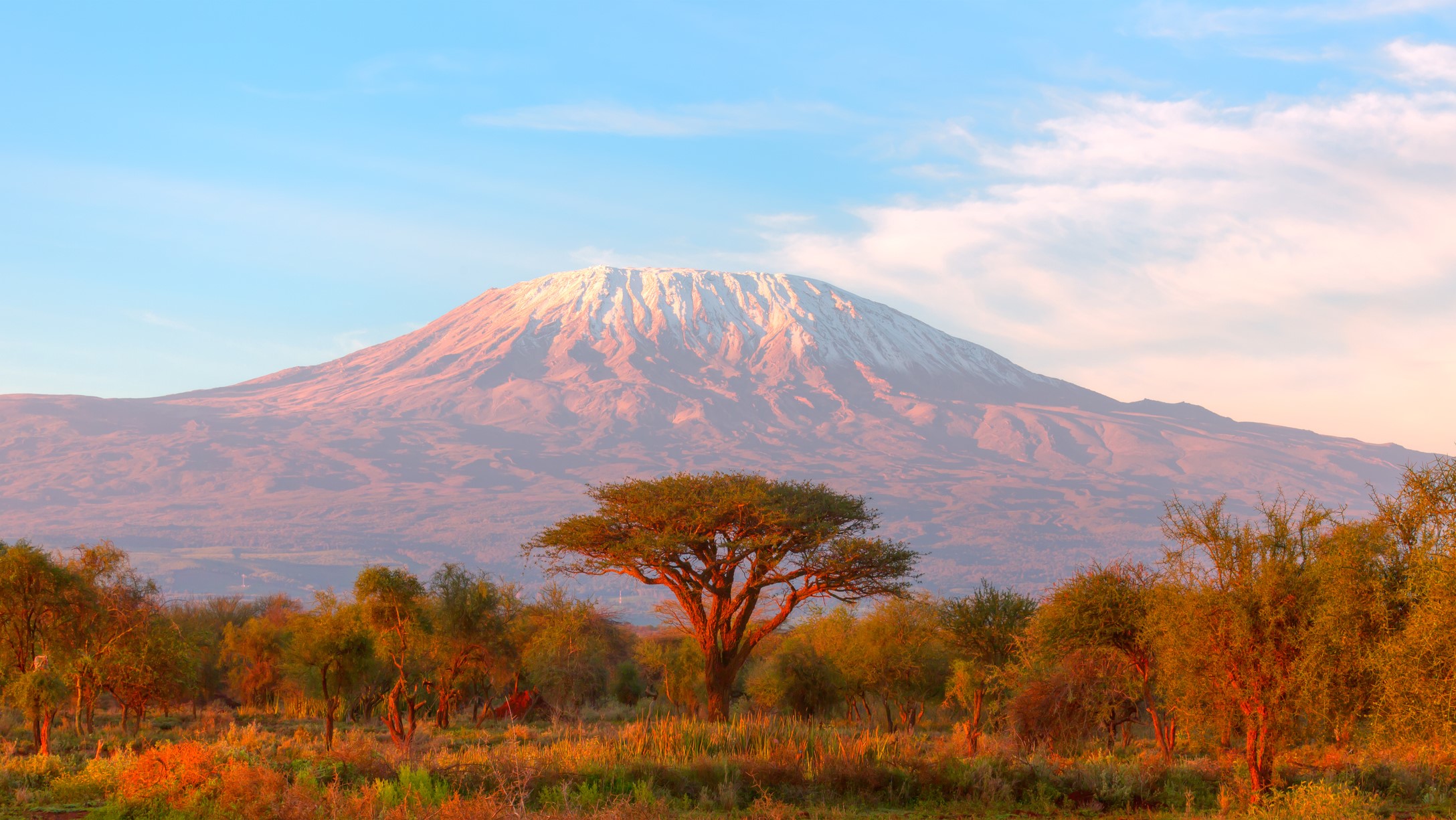
So, the peak on which the Earth’s gravity has the least effect and, therefore, the summit you’d weigh the least on is Chimborazo.
Other notable peaks that are also further from the Earth’s center than Mount Everest include Kilimanjaro, Africa’s highest peak; Siula Grande, of Touching the Void fame (one of our favourite climbing films); and Alpamayo, often cited as the world’s most beautiful mountain. In fact, according to the stats, Everest sits at 27th in the list.
Fact or fiction?
There’s no arguing with the science. The laws of physics state that the further you get from the Earth’s center of gravity, the less you weigh. So, getting high is a good way to lose some weight, albeit an absolutely tiny amount. However, hanging around in the Tropics will also have a similar effect. If you really want to see those Newtons plummet (I use the term plummet loosely), head for the summit of Chimborazo.
*Disclaimer: I say “there’s no arguing with the science,” but us humans once believed, among other things, the Earth to be flat and that the Sun went around our planet, instead of the other way around. So, as ever with science, it’s important that nothing is ever taken as an ironclad, universal truth.
Alex is a freelance adventure writer and mountain leader with an insatiable passion for the mountains. A Cumbrian born and bred, his native English Lake District has a special place in his heart, though he is at least equally happy in North Wales, the Scottish Highlands or the European Alps. Through his hiking, mountaineering, climbing and trail running adventures, Alex aims to inspire others to get outdoors. He's the former President of the London Mountaineering Club, is training to become a winter mountain leader, looking to finally finish bagging all the Wainwright fells of the Lake District and is always keen to head to the 4,000-meter peaks of the Alps. www.alexfoxfield.com
